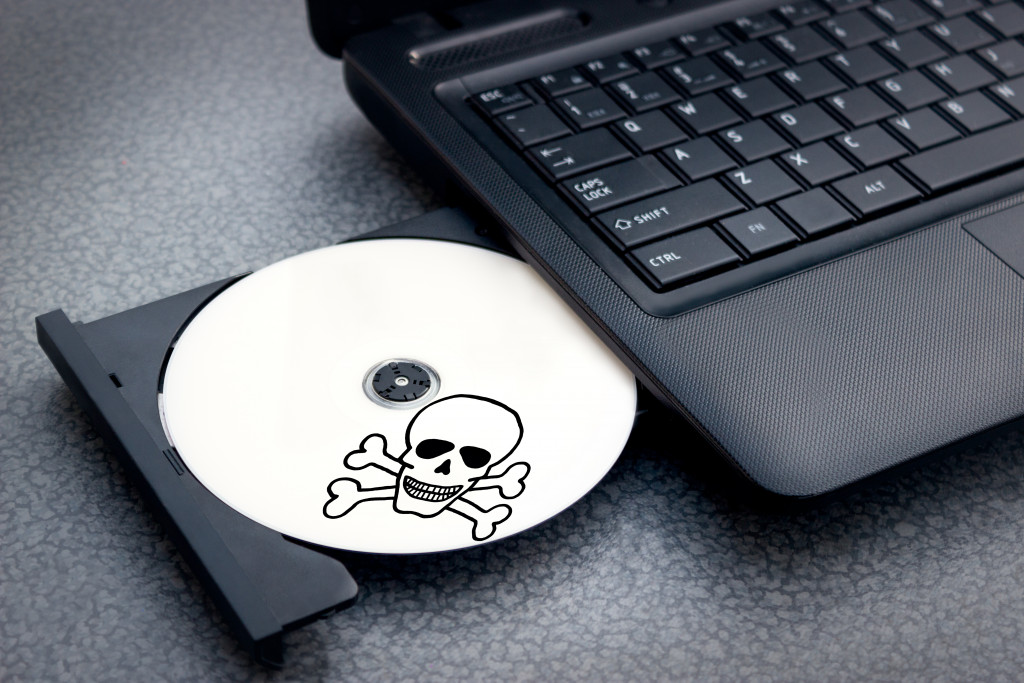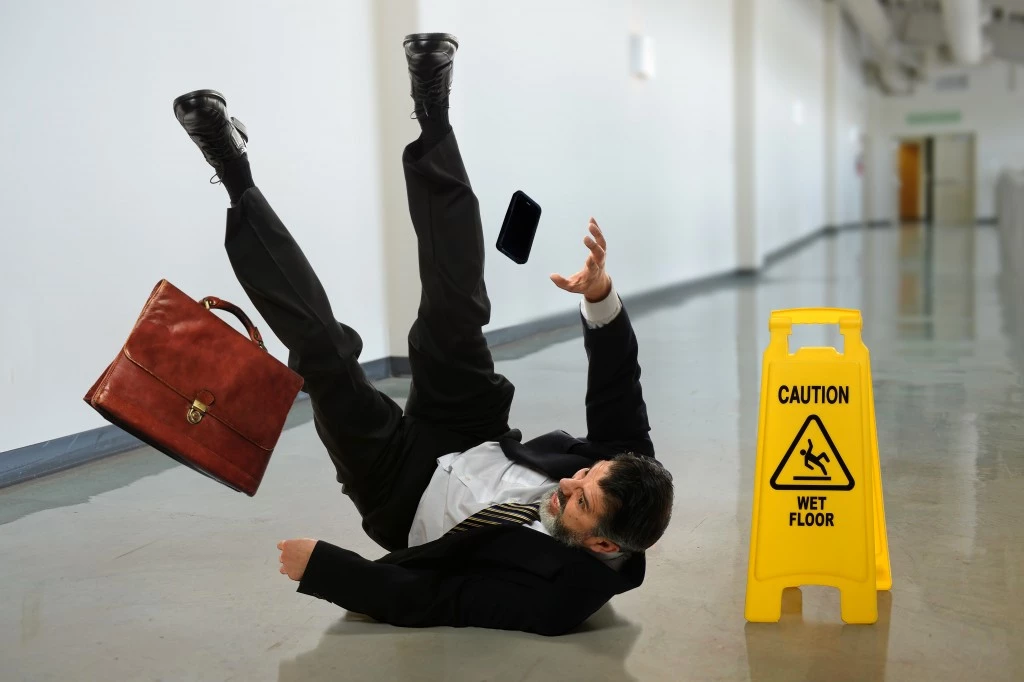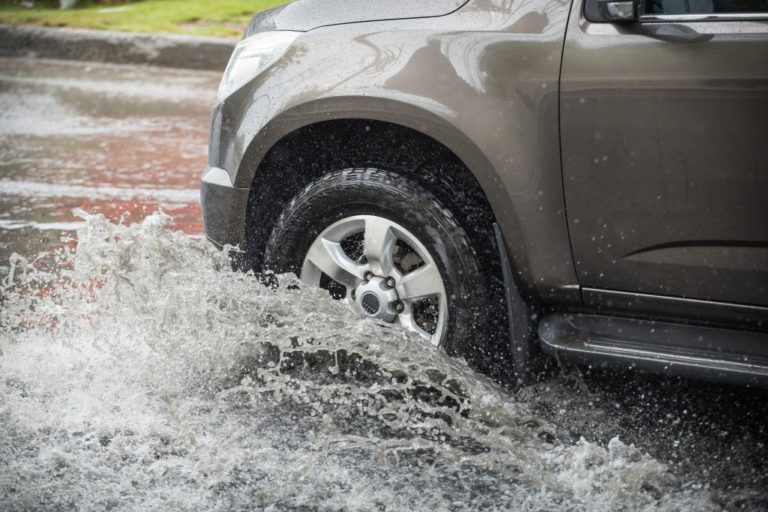Piracy in the United States is a huge problem. It costs the US economy billions of dollars annually, hurting American workers. In addition, it’s estimated that the US government lost $422 million in tax revenue because of piracy.
Piracy is when someone copies or downloads copyrighted material without permission from the copyright holder. It can include music, movies, TV shows, books, and software.
The unauthorized copying and downloading of copyrighted material are illegal in the United States. Penalties for piracy can include fines and imprisonment.
A person caught pirating specifically copyrighted material can spend five years in prison and fines amounting to $250,000. It’s a severe offense and one that the government won’t let go of easily.
Despite these penalties, piracy is still a big problem in the United States. For example, the Recording Industry Association of America (RIAA) estimates that file-sharing costs the music industry more than $2 billion annually. Likewise, the Motion Picture Association of America (MPAA) estimates that movie piracy costs the US economy more than $6 billion annually.
Piracy also hurts various software developers, with the industry losing billions of dollars annually. People pirate software by downloading it from the internet without paying for it.
If you’re a software company, here’s how you can deal with piracy.

Hire a Lawyer
Getting professional help can guide you in the right direction. An experienced software patent attorney can help determine if your software has been pirated. They can also give you legal options to deal with the issue.
An attorney can help with piracy issues by:
- Providing legal advice on how to protect your software from piracy
- Investigating whether your software has been pirated and taking legal action against the pirates
- Helping you to enforce your copyright protection rights and prosecute offenders
- Negotiating and drafting licensing agreements
All of these can ensure that your software is safe from piracy. In addition, if your software gets pirated, you now have a professional who can help you.
File a Lawsuit
One way to fight software piracy is by filing a lawsuit against the person or company that pirated your software. This can be lengthy and costly, but it’s an option if you’re serious about protecting your intellectual property.
When filing a lawsuit, you’ll need to prove that:
- The person or company copied your software without permission
- They used it for commercial gain
- The pirating caused you financial damage. The court may order the pirate to pay damage if you win the lawsuits. The amount will depend on how much money you lost because of the piracy.
You could also ask the court to order the pirate to stop using your software. This is called an injunction.
Before filing a lawsuit, you should talk to a lawyer to discuss your options and the chances of winning the case.
Get Help From Law Enforcement
If you think someone has pirated your software, you can report it to law enforcement. The US Department of Justice’s Computer Crime and Intellectual Property Section (CCIPS) investigates software piracy cases.
You can report online piracy to the FBI’s Internet Crime Complaint Center (IC3). IC3 is a partnership between the FBI and the National White Collar Crime Center, and they accept complaints about online crimes, including software piracy.
To report software piracy to CCIPS, you’ll need:
- The name and contact information of the pirate
- The name and contact information of the victim
- A description of the software that was pirated
- When and where the piracy occurred
- How do you know that the person committed piracy
- Any other relevant information
This information will help law enforcement investigate the case.
Send a Cease and Desist Letter
If you find out someone has pirated your software, you can send them a cease and desist letter. This is a formal demand to stop infringing on your copyright. The letter should be sent by certified mail so that you have proof that they received it.
The cease and desist letter should include:
- A statement that the recipient is violating your copyright
- What they’re doing that’s breaking your copyright
- A demand that they stop infringing on your copyright
- The consequences of not complying with the demand
- Your contact information
You should also include a copy of your software’s copyright registration certificate. This shows that you’re the rightful owner of the software.
You can take the pirates to court if they don’t comply with your demand. But, before you do that, you may want to send them another letter. This second letter should be from a lawyer. It will state that you will take legal action if they don’t comply with your demand.
Software piracy is a serious issue and can cause a lot of damage to software companies. However, there are ways to deal with it. By following the options above, you can help protect your software from pirates.











